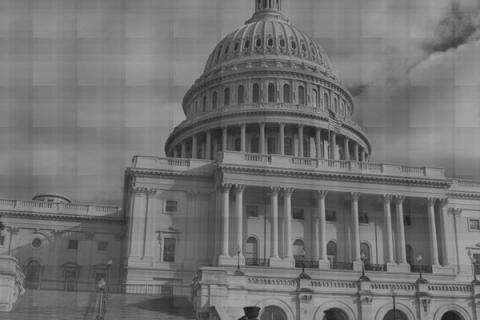California, America, and the entire world lost a visionary leader last week with the passing of Apple founder and CEO Steve Jobs. But in California, where people just say "Steve" --where Steve was born, lived, worked, and died-- the feeling of loss is especially strong. Jobs was truly as Californian as they come, exemplifying the Golden State's pioneering spirit of enterprise and artistry, and also its seedier aspects, including his use of experimental drugs.
In the 1999 film Pirates of Silicon Valley, which chronicles the adventures of Steve Jobs and other technology giants as they struggled to build the fledgling industry of personal computing, one of the more interesting scenes depicts a young Jobs experimenting with LSD, waving his arms in the air as he walks through a hallucinated field and exclaiming that he can hear Mozart music emanating from the wheat all around him. From what we know of Steve Jobs' life, this incident really happened, and made a lasting impact on Jobs.
According to the New York Times obituary for Jobs:
"[Jobs] told a reporter that taking LSD was one of the two or three most important things he had done in his life. He said there were things about him that people who had not tried psychedelics — even people who knew him well, including his wife — could never understand."
In a recent column, Glenn Greenwald noted the irony of the commonly-stated reasons for America's "draconian drug policy" and its deep reverence for the life and accomplishments of Steve Jobs, who not only used an illegal drug, but claims that it was one of the "most important things he had done in his life" and a critical factor in his success. Greenwald writes:
"America’s harsh prohibitionist drug policies are grounded in the premise that the prohibited substances have little or no redeeming value and cannot be used without life-destroying consequences. Yet the evidence of its falsity is undeniable. Here is one of the most admired men in America, its greatest contemporary industrialist, hailing one of the most scorned of these substances as integral to his success and intellectual and personal growth."
Now, neither Glenn nor I are suggesting that illegal drugs aren't ever harmful, that they are sure-fire sources of inspiration, success, and wealth and that everybody should go out and use them tomorrow. When abused, illegal drugs certainly can and have done harm to the individuals that abuse them, but the same is true of many legal substances and activities, including alcohol, nicotine, sex, gambling, unhealthy food, pharmaceutical drugs, and nearly every imaginable human activity when taken to the extreme or done in an unsafe way. But we don't ban these activities and substances, and the ones that have been banned are illegal on the basis of their alleged lack of any redeeming value or quality. This premise, however, is glaringly false. Greenwald concludes:
"In short, the deceit at the heart of America’s barbaric drug policy — that these substances are such unadulterated evils that adults should be put in cages for voluntarily using them — is more glaring than ever."
And in the glare of this faulty premise about illegal substances, just two days after the visionary Steve Jobs died of a long struggle with pancreatic cancer, the Department of Justice ironically issued a press release announcing an aggressive new effort to prosecute California's medical marijuana industry-- which is legal in California, but violates federal law.
Just as Steve was ahead of his time technologically and artistically, as he is remembered in the years to come, perhaps his example will act to demystify and destigmatize illegal substances. As prison and court costs spiral out of control, the violent drug cartel becomes more dangerous, the tide of public opinion turns, and California's finances sink ever deeper, policymakers in the Golden State might just have to heed the motto of a computer company started by one of California's favorite sons: Think different.

